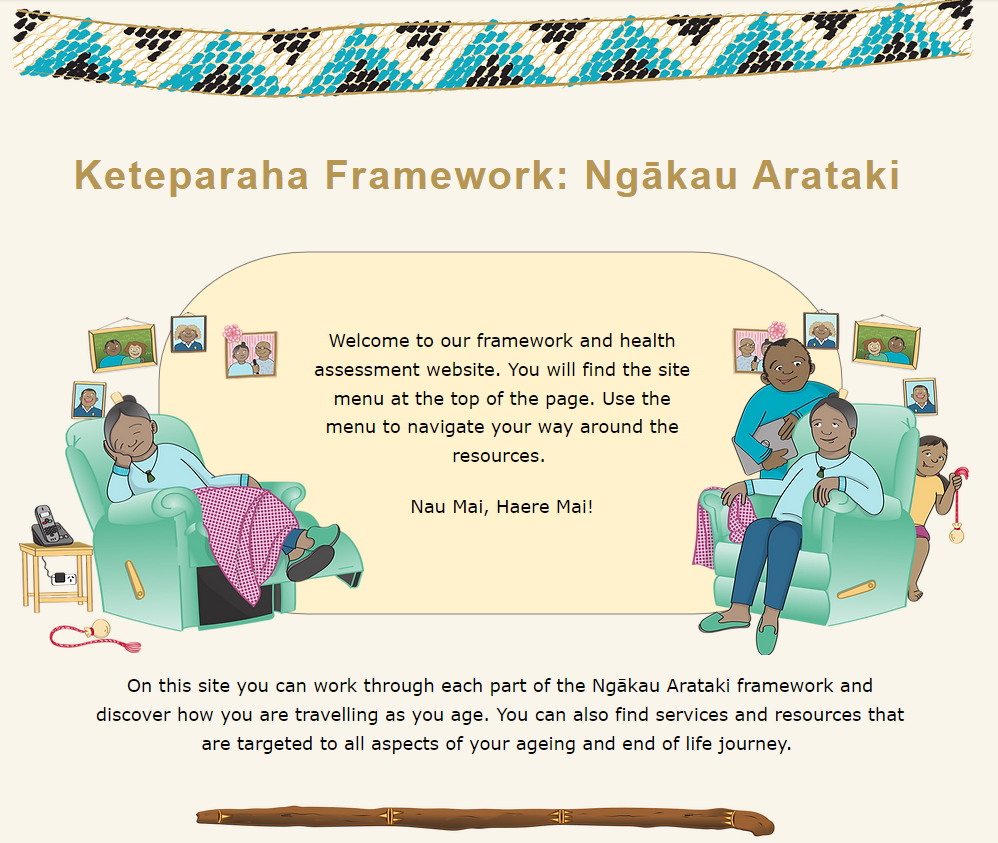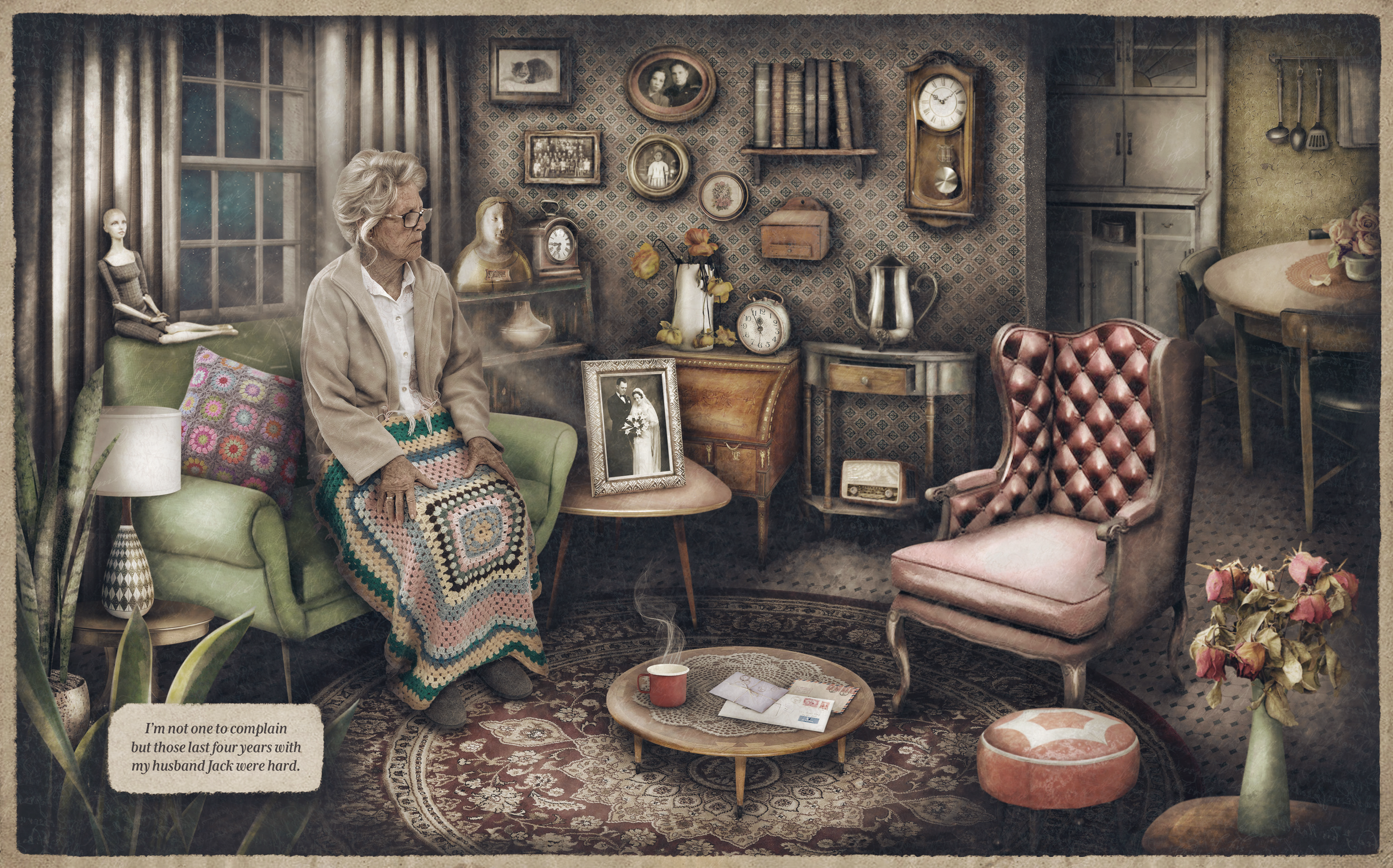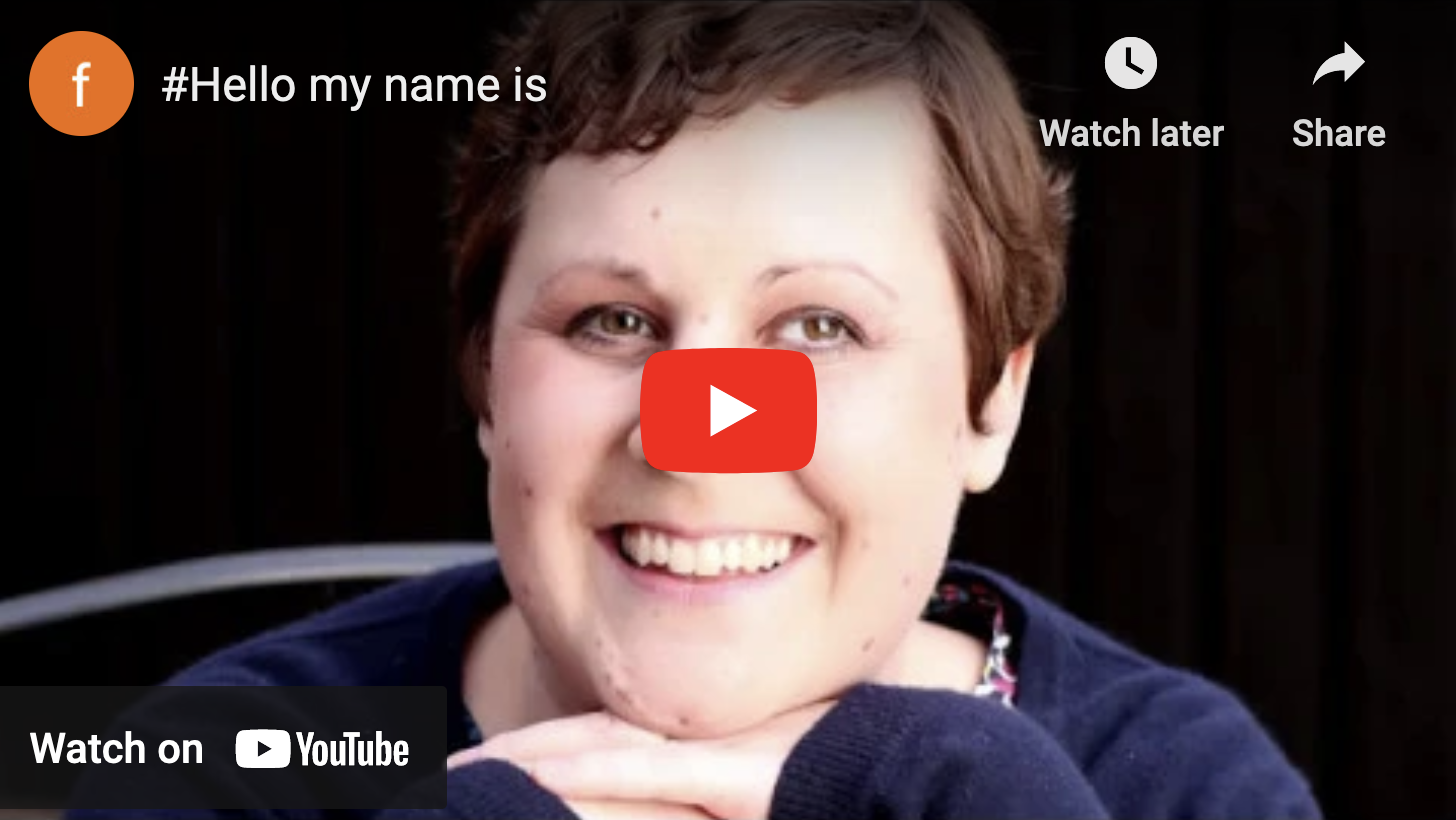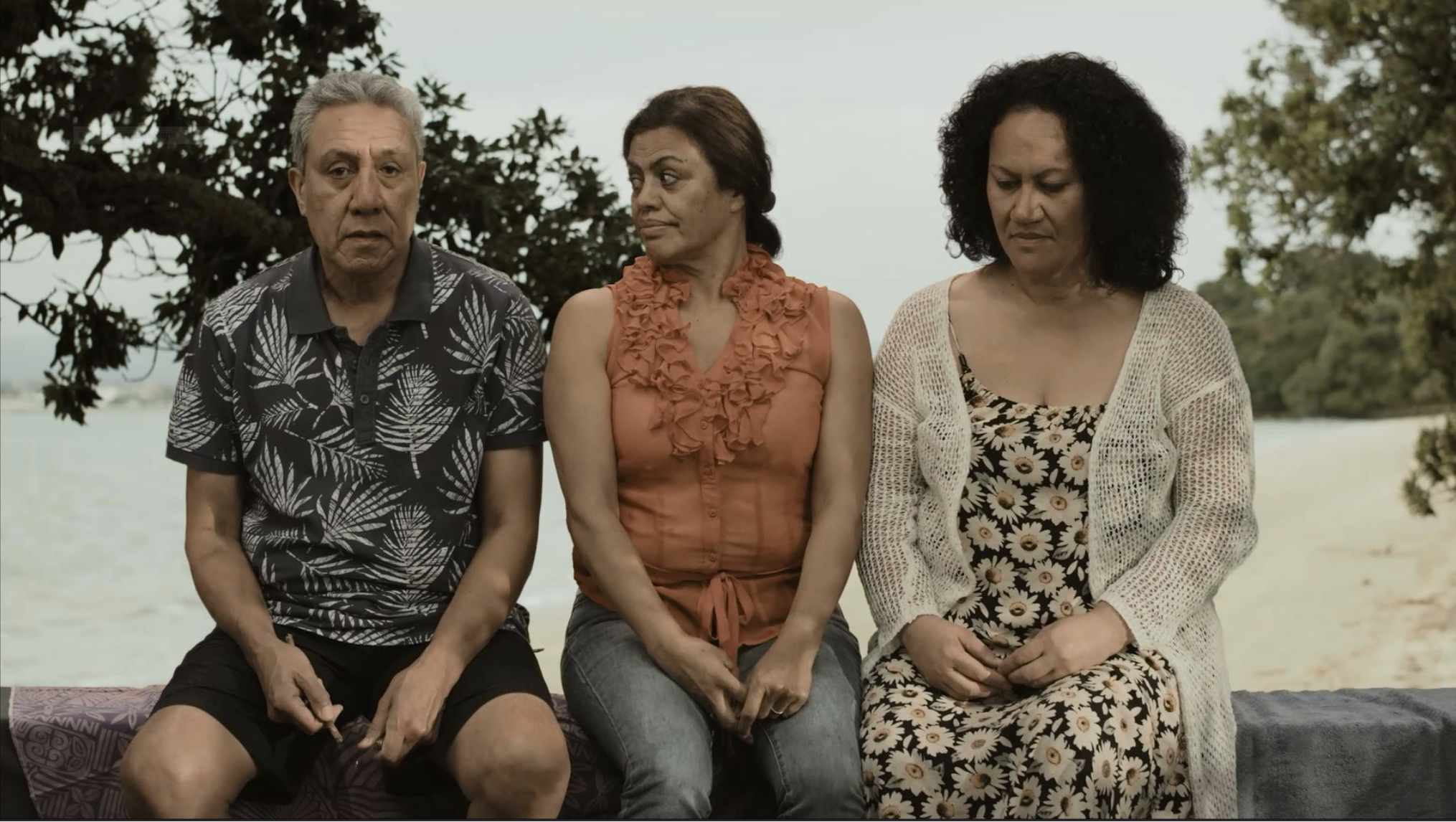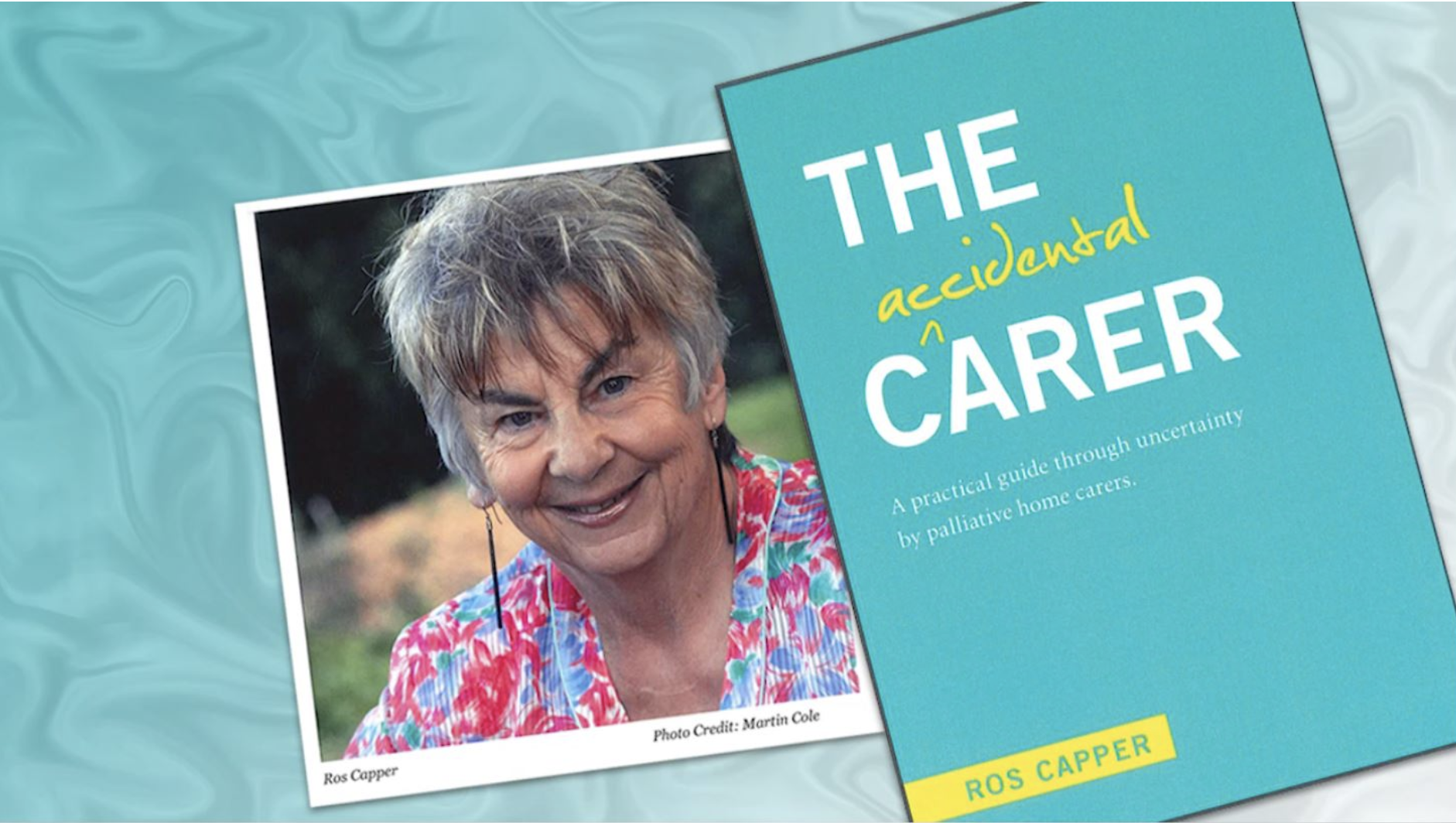Keteparaha: A Community Framework to support Māori Ageing and End of Life
Te Ipu Aronui is an essential resource for both whānau and health professionals seeking to provide high-quality palliative and end-of-life care for Māori. Rooted in the ground-breaking Pae Herenga study, which was led by Dr Tess Moeke-Maxwell, Te Ipu Aronui is a response to a call issued by Te Ārai Kahui Kaumātua Advisory Group in 2017. They were concerned that, due to the ongoing effects of colonisation, many whānau no longer have access to their ancient tikanga (customs) and kawa (ceremonies) handed down from tūpuna (ancestors). Te Ipu Aronui seeks to challenge and resist this deficit by weaving together pūrākau (stories) gathered during the HRC-funded Pae Herenga study. These pūrākau describe the experiences of people who had a life-limiting illness, and the whānau, rongoā practitioners, spiritual advisors, and Māori health professionals who cared for them. Digital storytelling enables people to share their pūrākau in their own words, and the website is beautifully illustrated with the images of acclaimed Māori artist Sofia Minson.
Golden Years By Lisa Williams
Written by Te Ārai member Lisa Williams and underpinned by the principles of Te Ārai’s bi-cultural framework, Golden Years is an arts-based knowledge translation artefact that, similar to a Māori pūrākau, encapsulates in narrative form knowledge and aspects of culture. In this instance the culture is that of gay older Pākehā living in Auckland, New Zealand.
Frances and James are next door neighbours and lifelong friends. In their 80s, they’ve endured the closet and homophobia, dodged AIDS, fought for homosexual law reform and survived the deaths of their partners. Now, they have one last challenge: facing their mortality. Listen to them as they sit on Frances’s back deck discussing their last hours together. Tomorrow James goes into aged residential care. Fear of being stuffed back into the closet, advancing frailty, loneliness and isolation…themes common to older adults surface in their story. But even more in evidence is their love and humour and resilience and vibrancy, all qualities our research has affirmed over the years.
Narrator: Tom Sainsbury. The actors are Carole Beu (Frances) and Kerry Stevens (James).
Keteparaha: A Community Framework to support Māori Ageing and End of Life
The Ngākau Arataki framework and Nuku Manawa Rahi health measurement tool are designed for kaumātua and their whānau to support kōrero about ageing and to explore how they are tracking on the ageing journey
This work was funded by an HRC Māori Health Postdoctoral Fellowship awarded to Dr Melissa Carey and supported by the Te Ārai Kahui Kaumātua.
Manawaroa: Still Going Strong tells the story of five older New Zealanders from diverse cultural backgrounds, exploring their lives and views on social connectedness, especially across the generations. Meet Whio Hansen, Virinder Aggarawal, Bonnie Horne, Changdong Choi and Rosalie Williams and learn about their rich life experience and present-day involvement in their communities and across the generations. This video is good for prompting discussions on such topics as ageing and ageism, intergenerational social connection and community.
Fresh from its world premiere at the Show Me Shorts film festival in New Zealand, Elder Birdsong is ready to take wing for other destinations. Its five-minute message delivered by an owl, a tui (voiced by Rima Te Wiata) and a couple of godwits, delivers a message about what it's like to grow old in New Zealand. Using humour to back-up the research findings embedded in its story, Elder Birdsong delivers its message in a gentle and engaging way. The film is a collaboration between Te Arai and our filmmaking colleagues in the Faculty of Arts: Associate Professors Sarina Pearson and Shuchi Kothari who produced and directed it as well as wrote the script. It was funded by The Ministry of Business, Innovation and Employment as part of Merryn's National Science Challenge grant that explored social connection, isolation and loneliness amongst older people. The research team worked in collaboration with Age Concern NZ.
Maori whānau end-of-life digital stories – Eight short videos created by Māori research participants about their experiences caring for kaumatua (esteemed older relatives) at the end of life. Includes commentaries after each story by Dr Tess Moeke-Maxwell and Stella Black about take away messages for health professionals who interact with Māori whanau caring for kaumātua. The link above is to the 42-minute film that contains all the stories. You can also find them separately on YouTube by searching on ‘Māori digital stories’.
Vivian
Vivian is the title character in our new graphic novel of the same name: Vivian. A work of fiction, she nevertheless embodies themes related to gender and palliative care that you can read about in our paper, Gender and Palliative Care, a Call to Arms published in Palliative Care and Social Practice.
Vivian represents a journey that started at the 2019 European Association of Palliative Care (EAPC) in Berlin. From that first presentation Vivian has evolved in collaboration with award-winning graphic designer Dr Tatiana Tavares from AUT University, Auckland.
If you’d like a copy of Vivian, please get in touch on the contacts page.
The #Hello My Name Is campaign was started by the late Kate Granger and her husband Chris Pointon. Kate, a physician in the UK, was diagnosed with terminal cancer. We made the short video shown above with Chris when he was visiting New Zealand that encapsulates the campaign’s four core values. It’s useful as a teaching tool. Get in touch if you’d like us to send you a copy, or you can find it on YouTube. And you can also download the Four Core Values poster: 4 core values poster-1
What Makes You Happy?
Check out our video series ‘What Makes you Happy’ that we produced with our community research partner Dementia Auckland. We co-created digital stories with five people with dementia and their families. Everyone who took part in the project did so because they wanted to challenge attitudes and stigma that is often associated with dementia. We offer a big thank you to Amrita, Martin and Sanesh Francis, Terry and Jan Way, Maureen and Reg Houlder, Jeff and Doreen Attwood and Sinivia and Tai Papali’i.
Our music video, ‘I’ll Care for You’ highlights important research themes that relate to caring for older Pacific people at the end of life. It was created through a Community-Based Participatory Research (CBPR) project led by Dr Lisa Williams and Dr Ofa Dewes. If you’d like a copy of the song, ‘I’ll Care for You’ which also embeds the themes in the lyrics, please use the Contact page to let us know.
Farewell, Haere Atu Ra – a 28-minute film highlighting the real-life stories of family/whanau caregivers caring for an older relative at the end of life. Using the words of our research participants, Maori and non-Maori actors bring to life their experiences of care in eight vignettes. (Names and identifying details of the participants have been changed.) We asked 20 NZ health professionals to evaluate the film and one thing they told us is that it prompted them to reflect on issues facing families and how their actions affect famlies’ wellbeing. The film is a collaboration between us and Associate Professors Shuchi Kothari and Sarina Pearson in the University’s Department of Media, Film and Television. It’s based on the research findings from Te Pakeketanga: Living and Dying in Advanced Age, funded by the Health Research Council of New Zealand.
The Accidental Carer
The Accidental Carer – Our community advisor and good friend Ros Capper has just published a book to help other family carers caring for a family member or friend at the end of life. It’s a really valuable resource – innovative and groundbreaking! Here’s a news article to find out more: Accidental Carer and if you want to get in touch with Ros to buy the book, find her on Facebook here.
10 Tips on How to Choose a Residential Care Facility
Download our 10 tips on How to Choose a Residential Care Facility
It’s important to choose a facility that suits your needs. Not every facility will be perfect for everyone, so make sure you are comfortable with the standard of care, the activities provided and the physical appearance/ layout of the facility.
Don’t hesitate to ask questions if you are unsure!
Finally, do some background research on the facility, including previous audits.


